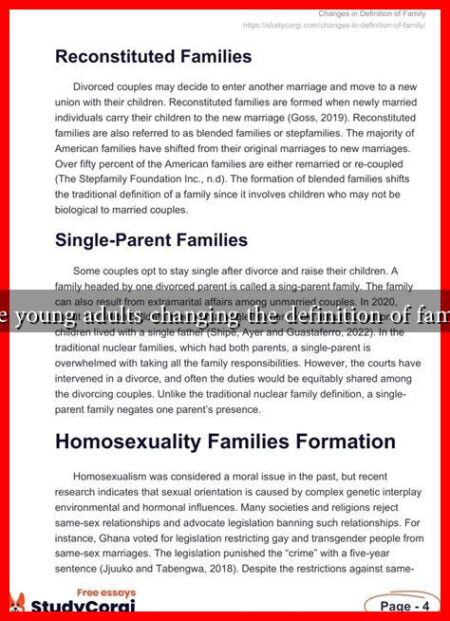-
Table of Contents
Definition of Poll Tax in U.S. History
The poll tax has a significant and controversial place in U.S. history, particularly in the context of voting rights and civil liberties. Originally implemented as a means of generating revenue, the poll tax evolved into a tool for disenfranchising specific groups, particularly African Americans and poor white citizens.
. This article explores the definition, historical context, implications, and eventual abolition of the poll tax in the United States.
What is a Poll Tax?
A poll tax is a fixed fee that individuals are required to pay in order to vote in elections. The term “poll” refers to the voting process, while “tax” indicates that a monetary payment is required. Poll taxes were used primarily in the Southern states after the Reconstruction era, as a means to restrict voting rights among marginalized populations.
Historical Context
The origins of the poll tax can be traced back to the late 19th century, following the Civil War and the Reconstruction period. As Southern states sought to re-establish white supremacy and control over the political landscape, they implemented various laws and taxes aimed at disenfranchising African Americans and poor whites. The poll tax became one of the most effective tools in this effort.
- Reconstruction Era: After the Civil War, the 15th Amendment was ratified in 1870, granting African American men the right to vote. However, Southern states quickly devised ways to circumvent this amendment.
- Jim Crow Laws: Poll taxes were part of a broader set of Jim Crow laws that enforced racial segregation and disenfranchisement.
- Economic Barriers: The requirement to pay a tax to vote disproportionately affected low-income individuals, particularly African Americans, who were often unable to afford the fee.
Impact on Voting Rights
The implementation of the poll tax had profound implications for voting rights in the United States. It served as a barrier that effectively disenfranchised millions of citizens. The following points highlight its impact:
- Disenfranchisement: By the 1930s, millions of African Americans and poor whites were unable to vote due to the financial burden of the poll tax.
- Legal Challenges: Various civil rights organizations, including the NAACP, challenged the legality of poll taxes in court, arguing that they violated the Equal Protection Clause of the 14th Amendment.
- Political Mobilization: The disenfranchisement spurred civil rights activism, leading to greater awareness and mobilization against racial injustice.
Abolition of the Poll Tax
The fight against the poll tax culminated in significant legal and legislative changes during the mid-20th century. Key milestones include:
- Harper v. Virginia Board of Elections (1966): The Supreme Court ruled that poll taxes in state elections were unconstitutional, reinforcing the principle that voting should not be contingent upon payment.
- 24th Amendment (1964): This amendment prohibited the use of poll taxes in federal elections, marking a significant victory for civil rights advocates.
- Voting Rights Act of 1965: This landmark legislation aimed to eliminate various forms of voter suppression, including poll taxes, and enforced voting rights for all citizens.
Conclusion
The poll tax serves as a stark reminder of the lengths to which some states went to suppress the voting rights of marginalized populations in the United States. Its legacy is a testament to the ongoing struggle for civil rights and equality. The eventual abolition of the poll tax through legal challenges and legislative reforms marked a significant victory in the fight for universal suffrage. Understanding the history of the poll tax is crucial for recognizing the importance of protecting voting rights today.
For further reading on the history of voting rights in the United States, you can visit History.com.





